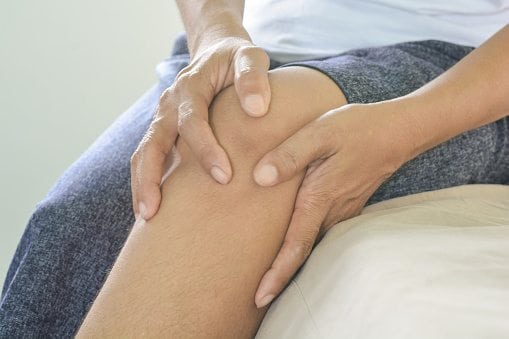<< Back
Painful Knees And Hips? How to Know it Might Be Osteoarthritis.

May 03, 2018
Osteoarthritis is a progressive degenerative disease of the joints. Also known as “wear and tear” arthritis, this is a chronic condition that develops over many years. It primary affects people who are at least middle-aged or older. Risk factors for developing osteoarthritis, aside from age, include obesity, previous injury or trauma to the affected joint, and a family history of osteoarthritis.
But first, the basics: A joint is where the ends of two bones meet. A healthy joint glides easily without pain due to the smooth, elastic tissue that covers the ends of the joints, known as articular cartilage. Osteoarthritis occurs when this cartilage gradually wears away. What were once smooth surfaces in the joint are gone and replaced with ones that are both frayed and rough. Without this cartilage, the bones rub directly against each other when the joints move. This can cause significant pain and inflammation, depending on how much of the cartilage is gone.
Osteoarthritis can affect any joint in the body with symptoms ranging from mild to disabling. Some of the most common symptoms include:
- Painful and stiff joints
- Limited range of motion of the joint
- Bony outgrowths or “bumps” that can develop on top of the joint (also known as bone spurs)
Treatment for osteoarthritis starts with a good diagnosis – which you can get by visiting one of the top-notch clinicians at the Connecticut Orthopaedic Institute at MidState Medical Center. Learn more here, or by calling 1.833.CTORTHO (1.833.286.7846).